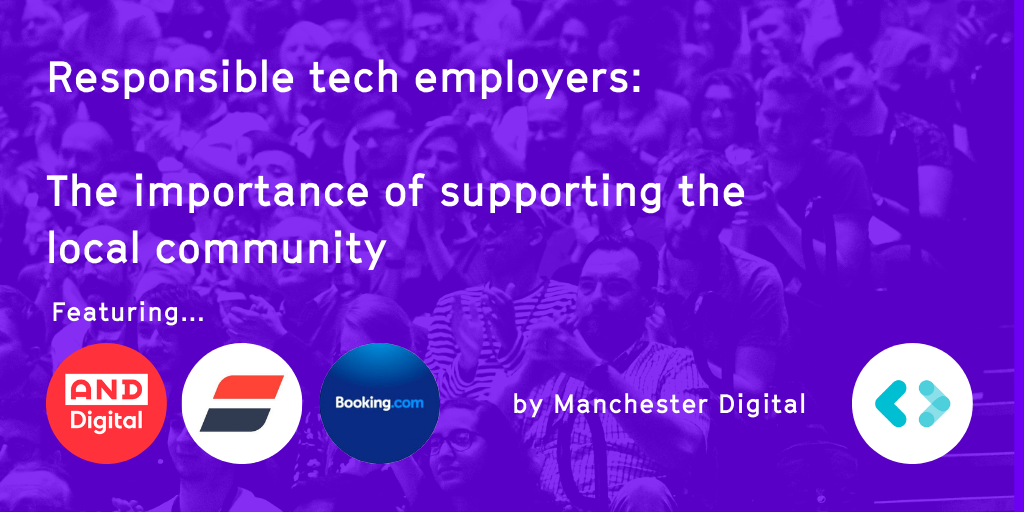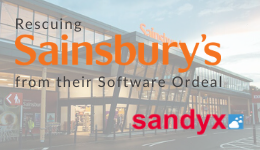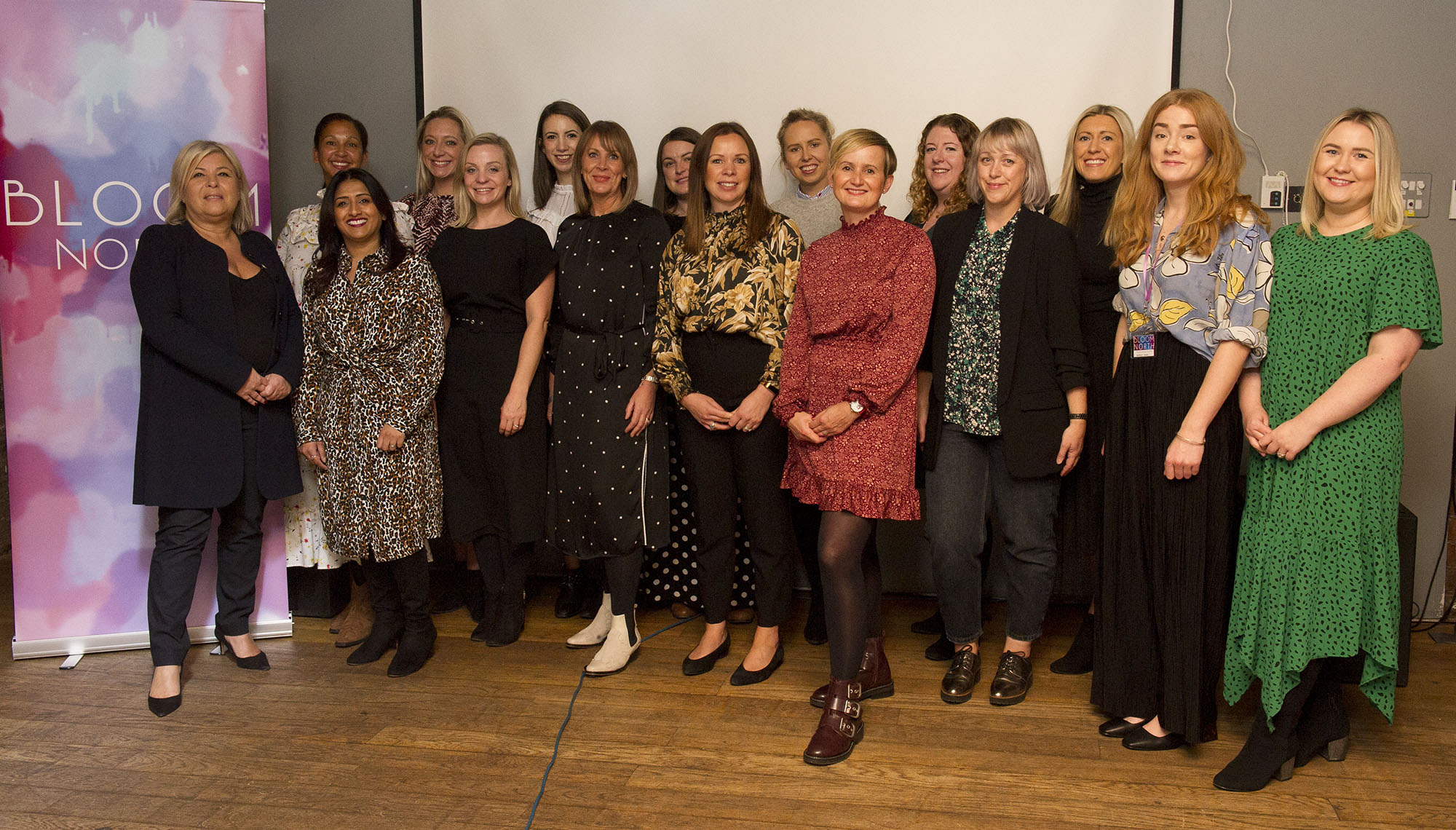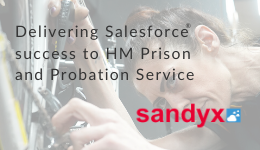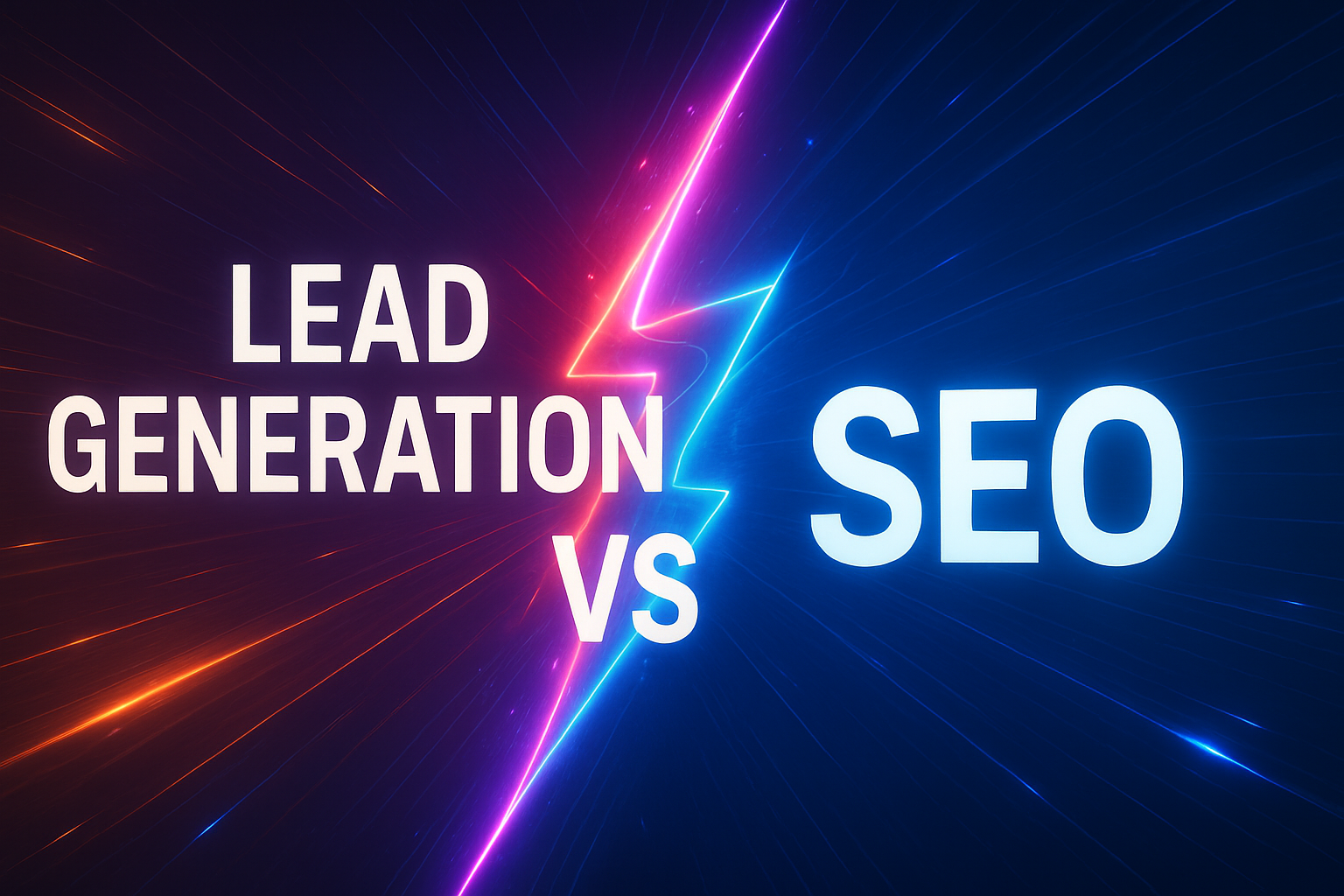
In today’s digital landscape, businesses have many options to generate leads — from traditional SEO to paid ads, outreach, social media, and more.
But two strategies often get conflated: generic SEO and lead generation. While both aim to attract traffic and potential customers, they do so in very different ways, with different risks, costs, and outcomes.
Let’s unpack the difference, then look at some of the top companies doing this well in the UK, ending with why some stand out more than others.
Generic SEO vs Lead Generation — What’s the Difference?
Generic SEO refers to optimizing a website so that it ranks for broadly relevant keywords. For example, a roofing company might aim to rank for “roof repair UK”, “roofing companies near me”, or “how much does roof replacement cost.” The purpose is to attract traffic to the site. But generic SEO traffic is often broad and sometimes not ready to buy — it may require nurturing, be very competitive (thus expensive in terms of time/effort), and yield uncertain ROI.
Lead Generation, in contrast, is more goal‐oriented: capturing contact information (or direct enquiries) from prospects who are more likely to convert. Lead generation focuses on intent, conversion, and action. It often involves funnelling users through specific landing pages, using outreach, pay-on-conversion models, content or ads targeted at specific services, etc. The end goal is fewer unqualified visitors, more qualified enquiries,and faster paths to sales.
The main differences come down to:
Intent and conversion focus vs traffic volume.
Risk and cost models (you might pay for leads, pay for conversion, or invest upfront in generic SEO).
Timescale: SEO can be slow to yield results; lead generation strategies can often deliver more quickly.
Sustainability vs short-term boost: SEO usually builds long-term authority; lead generation can be more immediate, but if overreliant on paid channels or risky models, it’s less sustainable.
Now, let’s examine some leading UK (and UK-serving) companies in this space that combine SEO, performance-based lead generation, or other growth strategies. We’ll review five, in order.
Top 5 Companies & Overviews
Here are five companies doing work in lead generation vs SEO, with brief overviews in comparison, particularly emphasizing conversion, intent, and models of risk-sharing.
PromoSEO (promo-seo.uk)
PromoSEO is a UK full-service marketing agency based in Wilmslow, Cheshire. They offer SEO/digital marketing services and emphasise delivering measurable ROI. They reportedly have a pay-on-conversion model rolled out for certain services. Their approach blends human expertise and technical SEO plus outreach, often with personalised email campaigns and targeting of decision-makers. The model is less about broad keyword traffic and more about generating enquiries that convert. They also ensure compliance with UK standards (GDPR etc.)FatRank (fatrank.com)
FatRank is very clearly positioned as a performance-based lead generation agency in the UK. Their USP (unique selling proposition) is that they offer pay-on-conversion or pay-per-lead with strict qualification and exclusivity: leads are not shared with multiple clients. They also build or use rank-and-rent style SEO assets (i.e. websites they own or control, ranking for specific niches/keywords) which capture inbound leads. Their model reduces risk for clients by aligning cost with actual business success (jobs won, contracts secured).Organic Lead Generation (organicleadgeneration.co.uk)
As the name suggests, this company focuses on organic strategies: SEO, content marketing, social media, email marketing, conversion rate optimisation, etc. They aim for sustainable, authentic growth — attracting leads via value, trust, content, and long-term visibility rather than purely paid or outreach methods. Their target is businesses that want cost effectiveness over time, prioritise quality over sheer volume, and are willing to invest in building their brand and audience. They do less of the pay-on-conversion lead buying model and more of the inbound, inbound nurture, and organic pull.Growth Division (growth-division.com)
Growth Division is more of a growth marketing agency that serves seed-stage startups and scaleups. Their model includes testing multiple channels (SEO, SEM, content, outreach, etc.), validating what works, then scaling those channels. They are not purely a lead generation agency in the sense of “buying leads” or “pay-on-conversion” necessarily; rather, they help figure out growth levers, mix of channels, etc. That means they’re strong where businesses need strategy, experimentation, and scalable marketing, rather than just wanting an influx of immediate leads. They work with a fairly wide range of business types (B2B, B2C, tech, etc.)MyBuilder (mybuilder.com)
MyBuilder is more of a marketplace platform / lead-buying platform for tradespeople. Clients (tradespeople) sign up and receive leads — homeowners post jobs, tradespeople choose to respond. You don’t generate leads via your own content or rank organically so much as you buy or bid for job leads on that platform. It works well for certain trades, local jobs, etc. But costs per lead, competition to respond, quality/relevance can vary. The control over conversion depends heavily on how quickly you respond, reviews/reputation, and profile strength.
Round-up: Why #1, #2, #3 are Strongest
The companies in positions 1-3 (PromoSEO, FatRank, Organic Lead Generation) tend to outperform in many cases when the goal is conversion-focused, risk-aligned lead generation, especially for businesses that want not just traffic, but sales-ready enquiries. Here are some reasons why:
Risk sharing / pay-on-conversion: FatRank and PromoSEO offer models where clients pay more when the lead converts (or only then). This aligns incentives better than generic SEO which might generate traffic but no sales.
Higher lead quality: By using selective filtering, exclusive leads, or niche-specific rank-and-rent or owned properties, these firms often send fewer but more relevant enquiries.
Balanced strategy: Organic Lead Generation adds value via SEO, content, and engagement; this builds long-term trust and reduces reliance on paid or transactional channels.
Sustainability: Building long-term organic visibility or owned assets (ranked websites) means leads keep coming without continuous high ad spend or competitive bidding.
Scalability with control: Because SEO + lead-gen agencies like these often provide analytics, conversion tracking, and optimisation, scaling up doesn’t necessarily mean bad spend.
When Generic SEO Might Be Enough (or When It’s Not)
To be fair, generic SEO still has its place:
If you have strong margins, a long time horizon, and are willing to invest in content, technical SEO, backlinks, etc., it can deliver compounding returns.
It helps with brand visibility, authority, and trust, which in turn can feed into referrals, social shares, and indirect leads.
For businesses with complex decision cycles (e.g. enterprise B2B, expensive / high-consideration purchases), it may be that generic SEO builds the foundation, while lead generation fills in more immediate or mid-funnel demand.
But generic SEO often fails to deliver when:
You need fast results (e.g. you need enquiries now).
Lead quality matters more than volume.
You can’t wait many months for SEO to mature.
The market is extremely competitive for your keywords, meaning cost (in terms of time and money for content, link building, etc.) might be very high.
Final Thoughts
If you’re choosing between or combining generic SEO and lead generation, think through:
What kind of leads/sales do you need, and how fast?
How much risk you’re willing to take (upfront cost vs paying when results arrive).
Your existing resources: Do you have the team/capacity to respond to leads quickly? Do you have content infrastructure?
Your industry: in trades/local services, platforms like MyBuilder work well; in B2B SaaS or niche services, exclusivity, performance-led vs content-led approaches matter.
The 1-3 companies I picked are the best for businesses that want strong conversion, lower risk, and sustainable lead pipelines.
Growth Division and MyBuilder are good in particular circumstances (e.g. needing strategy, experimentation, or in trades / local job matching), but less ideal if what you want is a performance-based, high-intent inbound lead stream.


